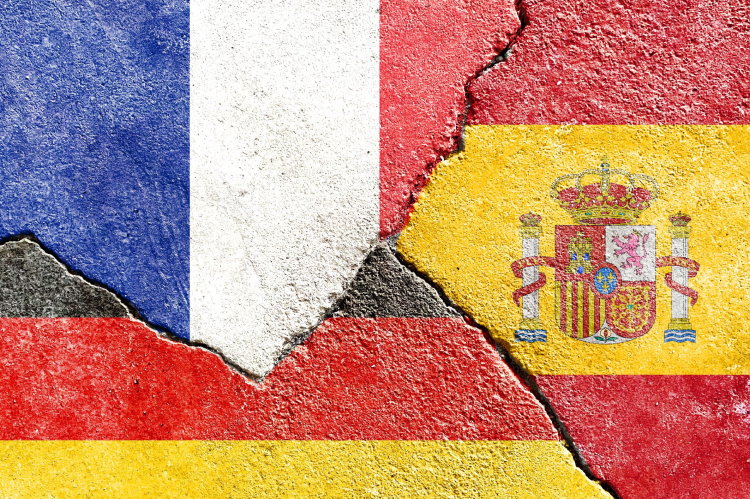Resurrection of 300-km MidCat Pipeline: Answer To European Energy Woes?

The German and Spanish governments held a summit meeting yesterday in the northwestern Spanish city of A Coruña to discuss European energy security in general and the resurrection of the MidCat pipeline in particular.
MidCat has been bandied about for years now, once put forward as part of the broader EU effort to reduce the bloc's dependence on Russian energy imports by shipping more gas from the Iberian peninsula to the rest of Europe.
The construction of MidCat began already in 2013. 86-km of the pipeline was built on the Spanish side from Martorell and it was to extend all the way to the southern French village of Barbaira, altogether totaling over 300-km. But the French government threw up a roadblock in 2019, arguing the further construction of the pipeline made little economic sense. Even Madrid and Brussels began to doubt a project that they had long championed.
Then came the Russian War in Ukraine and suddenly everything was seen through a different lens.
German Chancellor Olaf Scholz exclaimed that MidCat would mean a massive contribution to European energy security and supported the further construction of the pipeline into France. Spain made similar arguments in favor.
Yet French President Macron didn't join the chorus, saying that one thing Europe does not need presently is more gas pipelines, though he would remain amenable to sound economic reasoning.
So MidCat seems to be at an impasse. Yet given record energy prices, continued strong demand and the option that MidCat could possibly transport green hydrogen in the near future, smart money should be on MidCat's construction to Barbaira.
